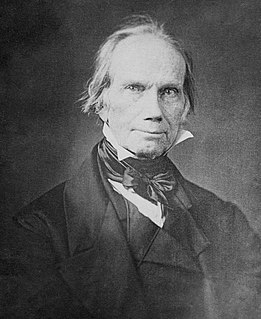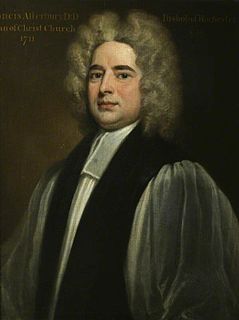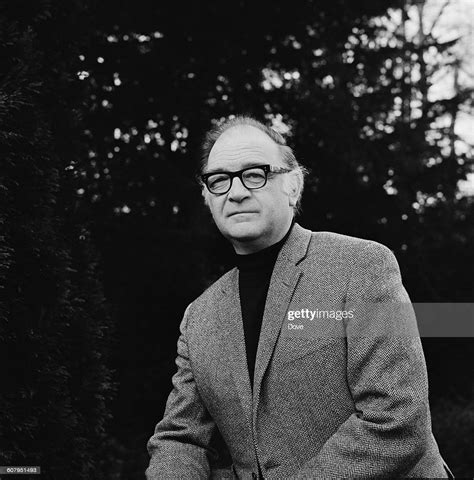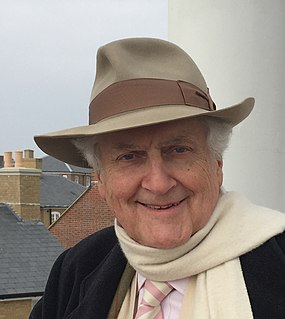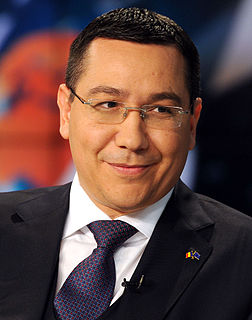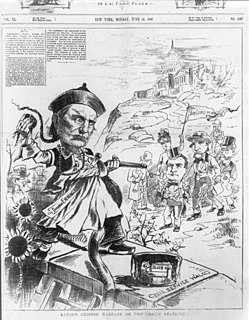A Quote by Henry Clay
The arts of power and its minions are the same in all countries and in all ages. It marks its victim; denounces it; and excites the public odium and the public hatred, to conceal its own abuses and encroachments.
Related Quotes
It is not necessary for the politician to be the slave of the public's group prejudices, if he can learn how to mold the mind of the voters in conformity with his own ideas of public welfare and public service. The important thing for the statesman of our age is not so much to know how to please the public, but to know how to sway the public. Those who manipulate this unseen mechanism of society constitute an invisible government which is the true ruling power of our country.
Public virtue cannot exist in a nation without private, and public virtue is the only foundation of republics. There must be a positive passion for the public good, the public interest, honour, power and glory, established in the minds of the people, or there can be no republican government, nor any real liberty: and this public passion must be superiour to all private passions.
But, that’s the whole point of corporatization - to try to remove the public from making decisions over their own fate, to limit the public arena, to control opinion, to make sure that the fundamental decisions that determine how the world is going to be run - which includes production, commerce, distribution, thought, social policy, foreign policy, everything - are not in the hands of the public, but rather in the hands of highly concentrated private power. In effect, tyranny unaccountable to the public.
All buildings, large or small, public or private, have a public face, a facade; they therefore, without exception, have a positive or negative effect on the quality of the public realm, enriching or impoverishing it in a lasting and radical manner. The architecture of the city and public space is a matter of common concern to the same degree as laws and language—they are the foundation of civility and civilisation.
A state that denies its citizens their basic rights becomes a danger to its neighbors as well: internal arbitrary rule will be reflected in arbitrary external relations. The suppression of public opinion, the abolition of public competition for power and its public exercise opens the way for the state power to arm itself in any way it sees fit.... A state that does not hesitate to lie to its own people will not hesitate to lie to other states.
If you go to go to countries in Europe or Asia or even Canada, even with all the Internet and cable TV and satellite, public systems tend to be the most popular stations in the countries. In some countries like Norway and Germany, public stations are, if anything, more popular than ever as people see what Rupert Murdoch's got in store for them in the commercial stations.
